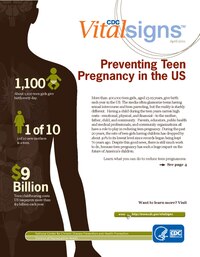
Photo from wikipedia
Background: Although breastfeeding is associated with proven benefits to both mother and child, there are many factors that influence a mother’s decision to breastfeed. Pregnancy intentionality at the time of… Click to show full abstract
Background: Although breastfeeding is associated with proven benefits to both mother and child, there are many factors that influence a mother’s decision to breastfeed. Pregnancy intentionality at the time of conception is associated with postpartum maternal behavior including breastfeeding. Research aim: We sought to understand how maternal and paternal pregnancy intentions were associated with breastfeeding initiation and duration in a nationally representative sample. Methods: We used a cross-sectional, retrospective study of the CDC National Survey of Family Growth data to examine the link between pregnancy intentionality and breastfeeding initiation and duration among women ages 15 to 44 years. Results: We found that whereas the mother’s intention to have a child was a factor in how long she breastfed, the paternal intention to have a child predicted whether the mother breastfed at all. Additionally, Hispanic mothers were most likely to breastfeed and breastfed the longest of any other group. Age and education were also positive predictors of ever breastfeeding. Conclusion: Understanding the father’s and mother’s attitudes toward the pregnancy and influence on breastfeeding intention is important for intervention planning.
Journal Title: Journal of Human Lactation
Year Published: 2018
Link to full text (if available)
Share on Social Media: Sign Up to like & get
recommendations!